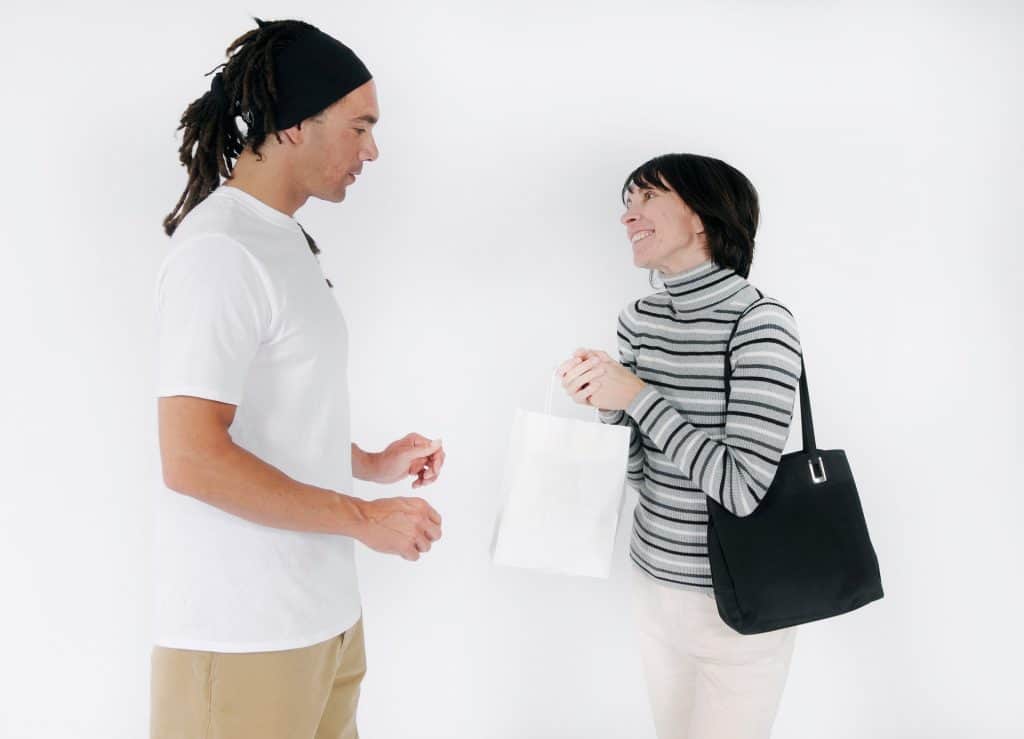MM Chapter 07: The Therapeutic Relationship
B. Ethical Professional Touch and Therapist Intent
Open to access this content
B. Ethical Professional Touch and Therapist Intent Read More »
A. Touch for Life and Development
Open to access this content
A. Touch for Life and Development Read More »
Lesson 7-1: The Power of Touch
Open to access this content
Lesson 7-1: The Power of Touch Read More »





